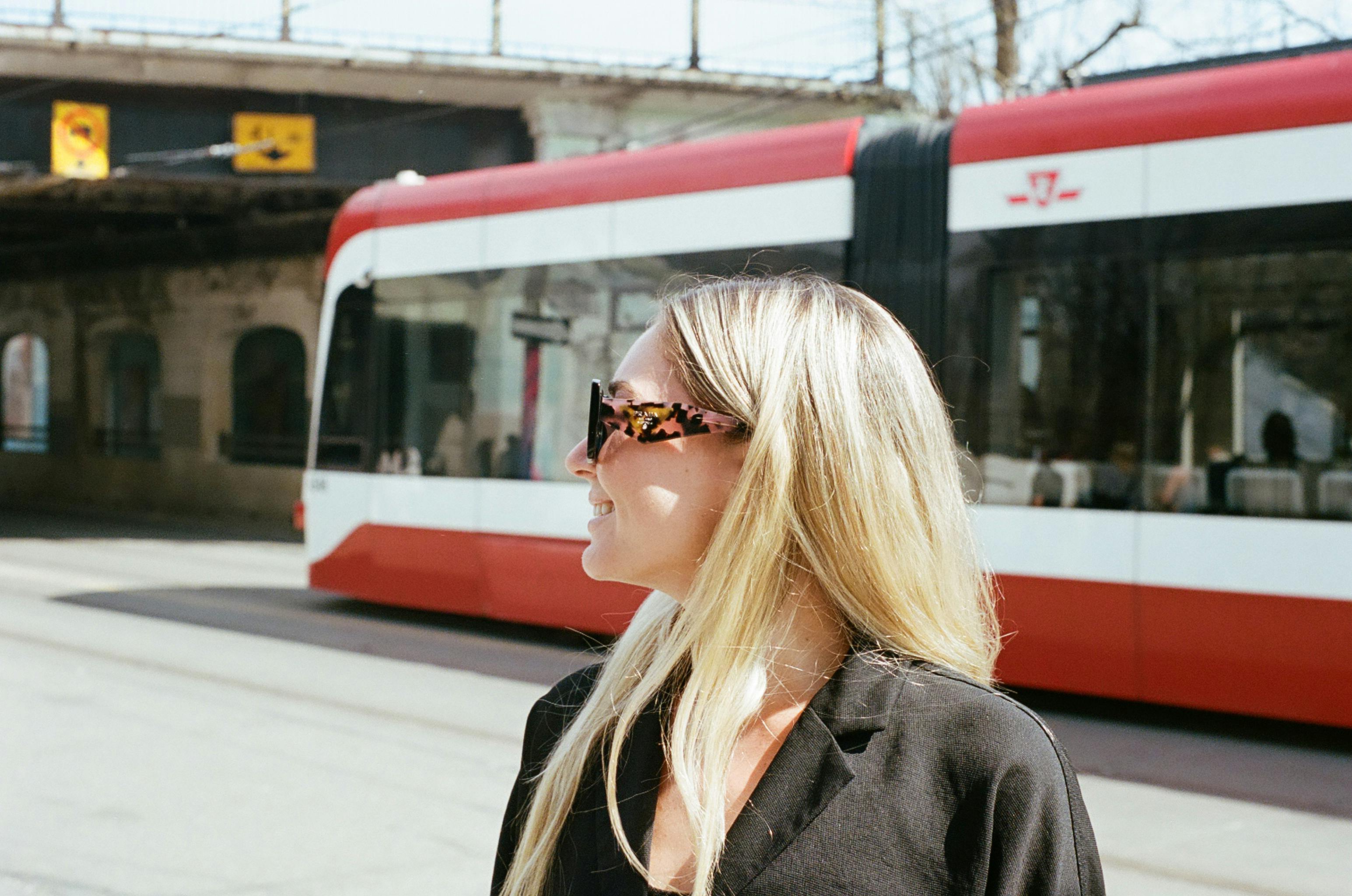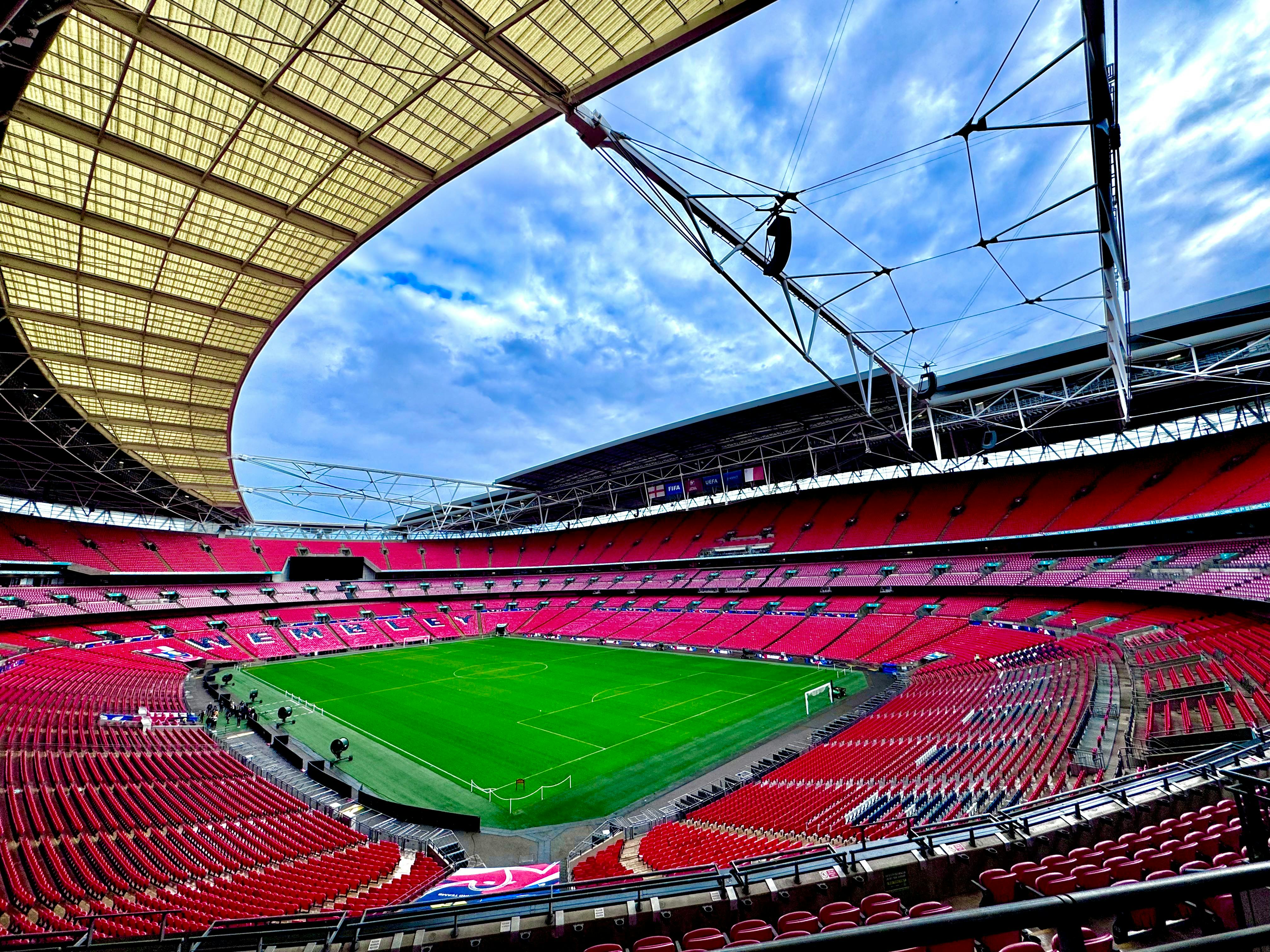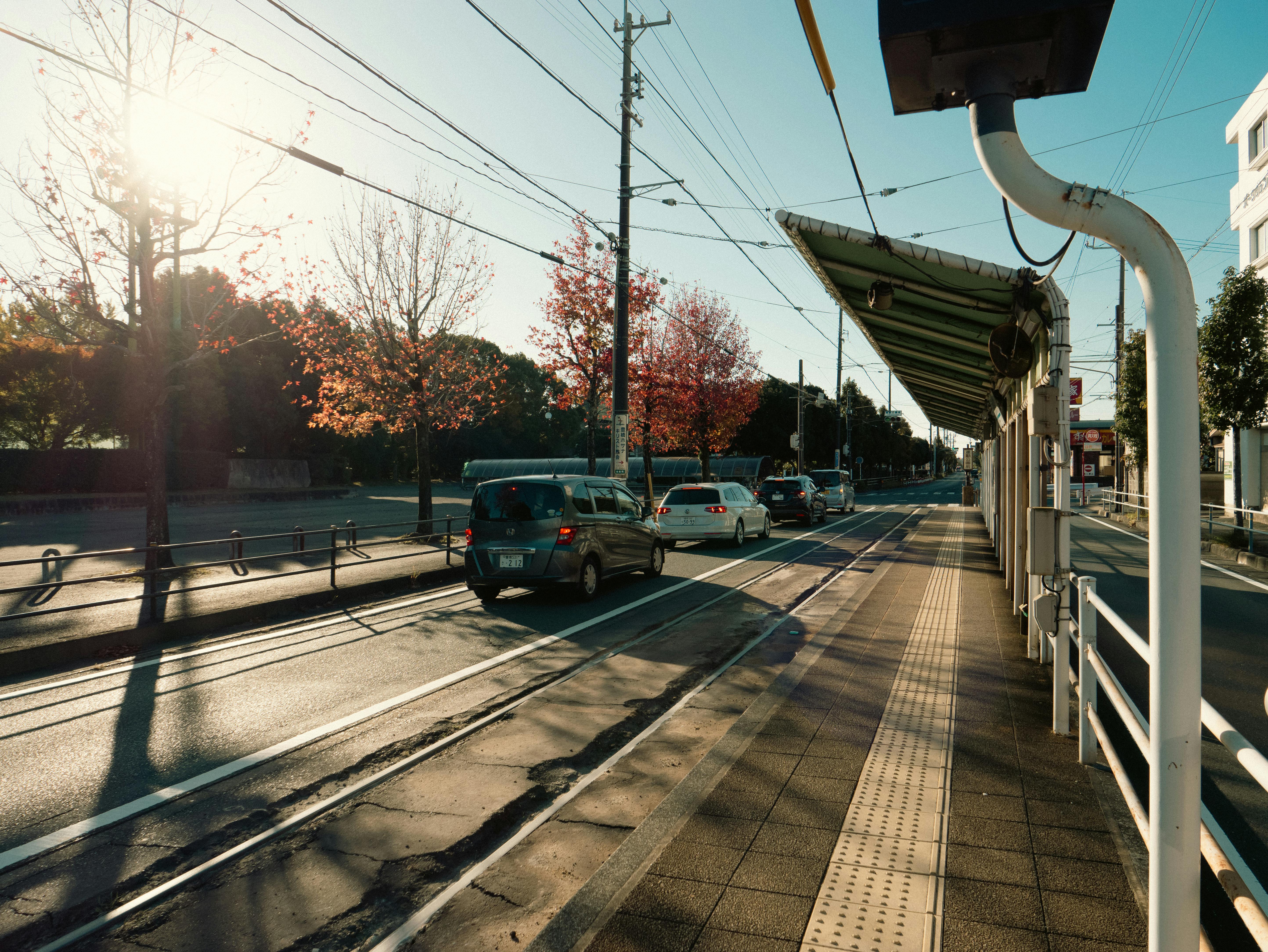In the UK, train tickets, along with other forms of public passenger transport, are generally exempt from VAT. This means that you do not need to pay any VAT on train tickets when you purchase them. However, there are some exceptions to this rule, such as if the transport includes admission to a place of entertainment. It is important to be aware of these exceptions and to double-check VAT rules to ensure that you are claiming back the correct amount on your travel expenses. By staying updated on changes in legislation and seeking advice from professionals like, you can ensure that you are correctly handling VAT when it comes to your travel expenses and avoiding any unnecessary loss of cash and profit.

Train tickets in the UK
If you’re traveling by train in the UK, you may have wondered about the VAT (Value Added Tax) implications of purchasing train tickets. The good news is that train tickets in the UK are not subject to VAT. This means that you won’t have to pay any vat on train tickets on top of the ticket price.
Zero-rating for VAT purposes
Train and rail tickets, as well as other forms of public passenger transport, are generally zero-rated for VAT purposes. This means that although VAT is not charged on these tickets, they are still classified as taxable supplies. Zero-rating is a mechanism used to ensure that these essential services remain affordable for consumers.
By zero-rating train tickets, the UK government aims to make public transportation more accessible and affordable for everyone. It’s important to note that zero-rating the tickets does not mean that the operators do not pay VAT on their costs. They still pay VAT on their expenses, but they are not required to charge it to consumers.
Exceptions to the zero-rating rule
While train and rail tickets are typically zero-rated for VAT, there are exceptions to this rule. One such exception is when the transport includes admission to a place of entertainment. In this case, VAT may be applicable to the portion of the ticket price that covers the entertainment component. This exception ensures that entertainment venues are not exempt from VAT simply because they offer transport services along with admission.
It’s worth noting that these exceptions to no VAT on train tickets are relatively rare, and for most individuals purchasing train tickets for regular travel, they can expect the tickets to be zero-rated.
Claiming VAT on travel expenses
If you’re a business owner or self-employed, claiming VAT on travel expenses, including train tickets, can help you avoid losing out on cash and profit. When you incur these expenses in the course of your business activities, you can usually reclaim the VAT paid. This can significantly reduce the cost of your travel and contribute to your overall profitability.
To claim VAT on travel expenses, make sure to keep all relevant receipts and records. These will serve as evidence for your claim and ensure that you can provide the necessary documentation to support your VAT refund. It’s also important to remember that VAT rules and regulations can be complex, so seeking advice from a tax professional or accountant is highly recommended to ensure that you comply with all the requirements.

Responsibility for VAT on Train tickets from Trainline
If you have purchased train tickets through Trainline, you may have noticed that the tickets do not include VAT. The reason for this is that the responsibility for charging and remitting VAT on train tickets from Trainline lies with the rail and coach providers, not Trainline. Trainline acts as an intermediary, facilitating the purchase of tickets on behalf of the operators. Therefore, it is the train or coach operator’s responsibility to account for VAT, not Trainline’s.
This means that when you purchase tickets through Trainline, you can expect the prices to be VAT-free. However, it’s important to note that there may be exceptions if the ticket includes admission to a place of entertainment, as mentioned earlier.
No VAT on railcards or bus tickets
In addition to train tickets, there is no VAT charged on railcards or bus tickets in the UK. Railcards offer discounted fares for specific groups of passengers, such as students, seniors, or families, making train travel more affordable. Bus tickets, which are commonly used for local transportation, are also VAT-exempt.
These exemptions are in line with the government’s efforts to promote affordable public transport and ensure that individuals and groups can access transportation services without excessive financial burdens.

VAT on taxi fares
When it comes to taxi fares, VAT treatment can vary depending on the specific rules and arrangements of the taxi driver. Some taxi drivers may be registered for VAT and therefore charge VAT on their fares, while others may be below the VAT threshold or have chosen not to register for VAT, resulting in no VAT being charged.
As a passenger, it’s important to note that the fare quoted by the taxi driver should include any VAT if it applies. Taxi drivers who are VAT registered are required to provide a VAT receipt if requested by the passenger. If you’re unsure about the VAT treatment of a particular taxi service, it’s always best to check with the driver or the taxi company directly.
VAT treatment of TFL charges
If you’ve travelled in London and used Transport for London (TFL) services, you may have come across charges such as the congestion charge or the Ultra-Low Emission Zone charge. These charges are outside the scope of VAT, meaning that VAT is not applicable to them.
The congestion charge is a fee levied on vehicles driving within specified zones in London during peak hours, aimed at reducing traffic congestion. The Ultra-Low Emission Zone charge is an additional fee for high-polluting vehicles entering the designated zone. Both of these charges are separate from VAT and are not subject to VAT.
VAT on Uber rides
Uber, the popular ride-sharing service, charges standard rate VAT on its rides in the UK. This means that when you book an Uber ride, the fare will include VAT. However, the VAT charged can be reclaimed as a genuine business expense if you are a VAT-registered business.
If you frequently use Uber for business purposes, it’s important to keep track of your receipts and any associated VAT for accurate record-keeping. These records will be key when completing your VAT returns and reclaiming the VAT as a business expense.
Staying informed and seeking professional advice
It’s essential to stay updated on changes in legislation or case law that may impact VAT on train tickets and other expense. VAT rules and regulations can be complex and subject to change, so keeping abreast of any updates is crucial to ensure compliance and maximize any VAT savings.
If you’re unsure about the VAT treatment of a particular expense or have questions about your VAT obligations, seeking professional advice from an accountant or tax specialist is highly recommended. These professionals can provide tailored guidance based on your specific circumstances and help you navigate the complexities of VAT.

